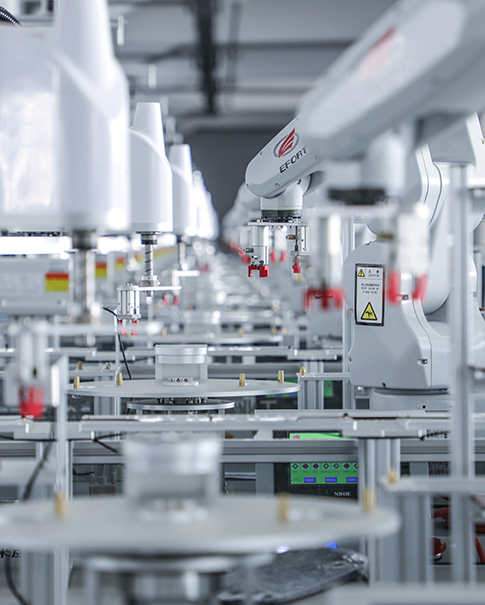The manufacturing industry is undergoing a monumental shift, thanks to the rapid adoption of AI-powered technologies. As companies strive for operational excellence, AI is playing a pivotal role in streamlining supply chains, enhancing efficiency, and reducing costs. But how exactly is this transformation happening? And what can businesses do to harness the power of AI for a competitive edge?
One of the standout features of AI integration in supply chains is predictive maintenance. Traditional maintenance strategies often involve reacting to equipment breakdowns after they occur, leading to costly repairs and unplanned downtime. However, with AI, manufacturers can now anticipate equipment failures before they happen. By analyzing sensor data from machinery, AI systems can predict potential malfunctions and schedule preventive maintenance. This not only reduces unexpected downtime but also extends the life of equipment, saving businesses money in the long run.
Inventory management has always been a delicate balancing act. Too much stock ties up valuable resources, while too little can lead to stockouts and lost sales. AI-powered supply chains have revolutionized this aspect of manufacturing by utilizing sophisticated algorithms to forecast demand with greater accuracy. With AI's ability to analyze historical data and market trends, businesses can optimize their inventory levels, reduce carrying costs, and ensure that products are available when customers need them most. This level of precision helps businesses stay competitive in a fast-paced market.
AI is also transforming how businesses approach logistics and distribution. Traditional supply chains rely on human intuition and manual processes to manage the flow of goods, which can be inefficient and prone to error. AI systems, however, can analyze vast amounts of data in real-time, optimizing routes, reducing transportation costs, and improving delivery times. By predicting demand and supply chain disruptions, AI can help businesses proactively adjust their logistics strategies, ensuring that products reach their destination on time and at the lowest possible cost.
Quality control is another critical area where AI is making a significant impact. In traditional manufacturing, quality control often involves human inspectors who manually check products for defects, which can be time-consuming and prone to error. AI-powered vision systems and machine learning algorithms can now analyze products at every stage of production, detecting even the smallest defects that might go unnoticed by the human eye. This results in more consistent product quality, fewer returns, and improved customer satisfaction.
Sustainability is a growing concern for manufacturers, and AI is helping businesses meet their environmental goals. By optimizing production processes and reducing waste, AI can make manufacturing more sustainable. For example, AI can identify inefficiencies in production lines, reduce energy consumption, and minimize material waste. This not only helps companies reduce their environmental footprint but also lowers operational costs, making sustainability a key driver of profitability.
The integration of AI into supply chains is not just a trend; it's a fundamental shift that is reshaping the future of manufacturing. From predictive maintenance and inventory management to logistics optimization and sustainability, AI is driving unprecedented levels of efficiency, cost savings, and operational excellence. By embracing AI-powered technologies, businesses can stay ahead of the curve, ensuring they remain competitive in an increasingly complex and fast-paced market. The future of manufacturing is here, and AI is leading the way.
Email us
Reply within one working dayVisit us
32D Guomao Building, No.388, Hubin South Road, Siming DistrictDisclaimer : Salesplc sells new and surplus products and develops channels for purchasing such products. This website has not been approved or recognized by any of the listed manufacturers or trademarks. Salesplc is not an authorized distributor, dealer, or representative of the products displayed on this website. All product names, trademarks, brands, and logos used on this website are the property of their respective owners. The description, explanation, or sale of products with these names, trademarks, brands, and logos is for identification purposes only and is not intended to indicate any association with or authorization from any rights holder.
Copyright @2024 SalesPlc Limited. Sitemap
/ Blog
/ XML
/ Terms And Conditions
/ Privacy Policy
 Network Supported
Network Supported
